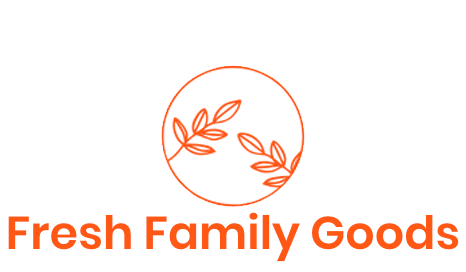Protocols
Certified Organic
Any food that has a label specifically stating that it was "Certified Organic by...." a third party organization such as USDA is considered certified organic and meets the standards set by that organization. Organic foods are foods produced by organic farming. While the standards differ worldwide, organic farming in general features cultural, biological, and mechanical practices that foster cycling of resources, promote ecological balance, and conserve biodiversity. Synthetic pesticides and chemical fertilizers are not allowed, although certain organically approved pesticides may be used under limited conditions. In general, organic foods are also not processed using irradiation, industrial solvents, or synthetic food additives.
Non-GMO Verified
The verification seal indicates that the product bearing the seal has gone through our verification process. Our verification is an assurance that a product has been produced according to consensus-based best practices for GMO avoidance:
- We require ongoing testing of all at-risk ingredients—any ingredient being grown commercially in GMO form must be tested prior to use in a verified product.
- We use an Action Threshold of 0.9%. This is in alignment with laws in the European Union (where any product containing more than 0.9% GMO must be labeled). Absence of all GMOs is the target for all Non-GMO Project Standard compliant products. Continuous improvement practices toward achieving this goal must be part of the Participant’s quality management systems.
- After the test, we require rigorous traceability and segregation practices to be followed in order to ensure ingredient integrity through to the finished product.
- For low-risk ingredients, we conduct a thorough review of ingredient specification sheets to determine absence of GMO risk.
- Verification is maintained through an annual audit, along with onsite inspections for high-risk products.
Read more at http://www.nongmoproject.org/
Gluten Free
Whole foods that don't contain gluten
Local
Raw
Raw food is food that has not been cooked or processed and can include things such as fruits, vegetables, nuts, seeds, eggs, fish, meat and dairy products. Also, when referring to milk raw means the milk has not been pasteurized or homogenized.
Free Range on Pasture
"Free range" refers to chickens being allowed to range freely outdoors where they can eat whatever grass, weed seeds, insects and worms they choose. This results in more nutritious eggs and meat for pets, and more healthy, humane conditions for the birds.
Corn and Soy Free
Products listed as "Corn and Soy Free" are produced with a certified Non-GMO or Organic feed that does not contain corn or soy. Commonly it has wheat, canola meal, sunflower oil and minerals/vitamins.
Pastured
Pastured chickens are raised in hoop houses that are moved 1-3 times a day every day across green pasture. This allows the chicken to have access to fresh green grass and bugs as a main source of their diet.
